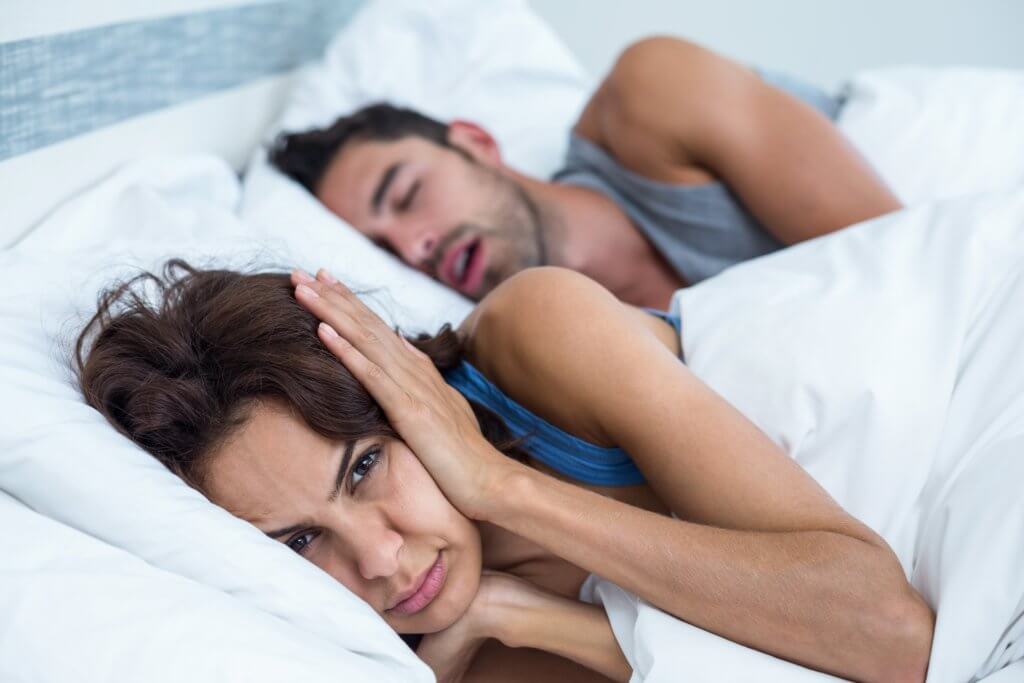MINNEAPOLIS — It’s not just a lack of sleep that could impact your health, a new study warns that too much sleep also increases a person’s stroke risk. Researchers working with the American Academy of Neurology say that several sleep issues can send stroke risk skyrocketing, especially among older adults. These symptoms include lack of sleep, too much sleep, taking naps, poor sleep quality, snoring, snorting, and sleep apnea.
Overall, experiencing five or more of these issues increased a person’s risk of suffering a life-threatening stroke by five times. While the new study does not directly link sleep issues to causing a stroke, researchers say there’s a clear connection between the two problems.
“Not only do our results suggest that individual sleep problems may increase a person’s risk of stroke but having more than five of these symptoms may lead to five times the risk of stroke compared to those who do not have any sleep problems,” says study author Christine Mc Carthy, MB, BCh, BAO, from the University of Galway in Ireland, in a media release. “Our results suggest that sleep problems should be an area of focus for stroke prevention.”
Study authors examined 4,496 people, including 2,243 who previously suffered a stroke and 2,253 who did not. The study group had an average age of 62. They answered questions related to their sleep behavior, reporting on how many hours they sleep at night, the quality of that sleep, their napping habits, and any breathing problems they have while asleep — such as snoring or snorting.

Each sleep problem significantly increases stroke risk
Results show both sleeping too little or too much plays a significant role in stroke risk. Out of the respondents who slept less than five hours a night, 162 were from the stroke group compared to just 43 from the healthy group. Among those who slept too much (over 9 hours), 151 had a stroke compared to 84 who did not.
Based on these findings, people getting less than five hours of sleep were three times more likely to have a stroke to those getting an average of seven hours a night — the recommended amount of sleep. People who were getting too much sleep were twice as likely to suffer a stroke than those getting seven hours a night.
Additionally, participants who reported that they had a habit of napping for more than one hour had an 88-percent increased risk of suffering a stroke. Those who snored were 91 percent more likely to have a stroke and participants with a case of sleep apnea were three times more likely to have a stroke than those without the condition.
All of these risks remained stable even after accounting for factors such as smoking, physical activity, depression, and alcohol consumption.
“With these results, doctors could have earlier conversations with people who are having sleep problems,” Mc Carthy concludes. “Interventions to improve sleep may also reduce the risk of stroke and should be the subject of future research.”
The study is published in the journal Neurology.

